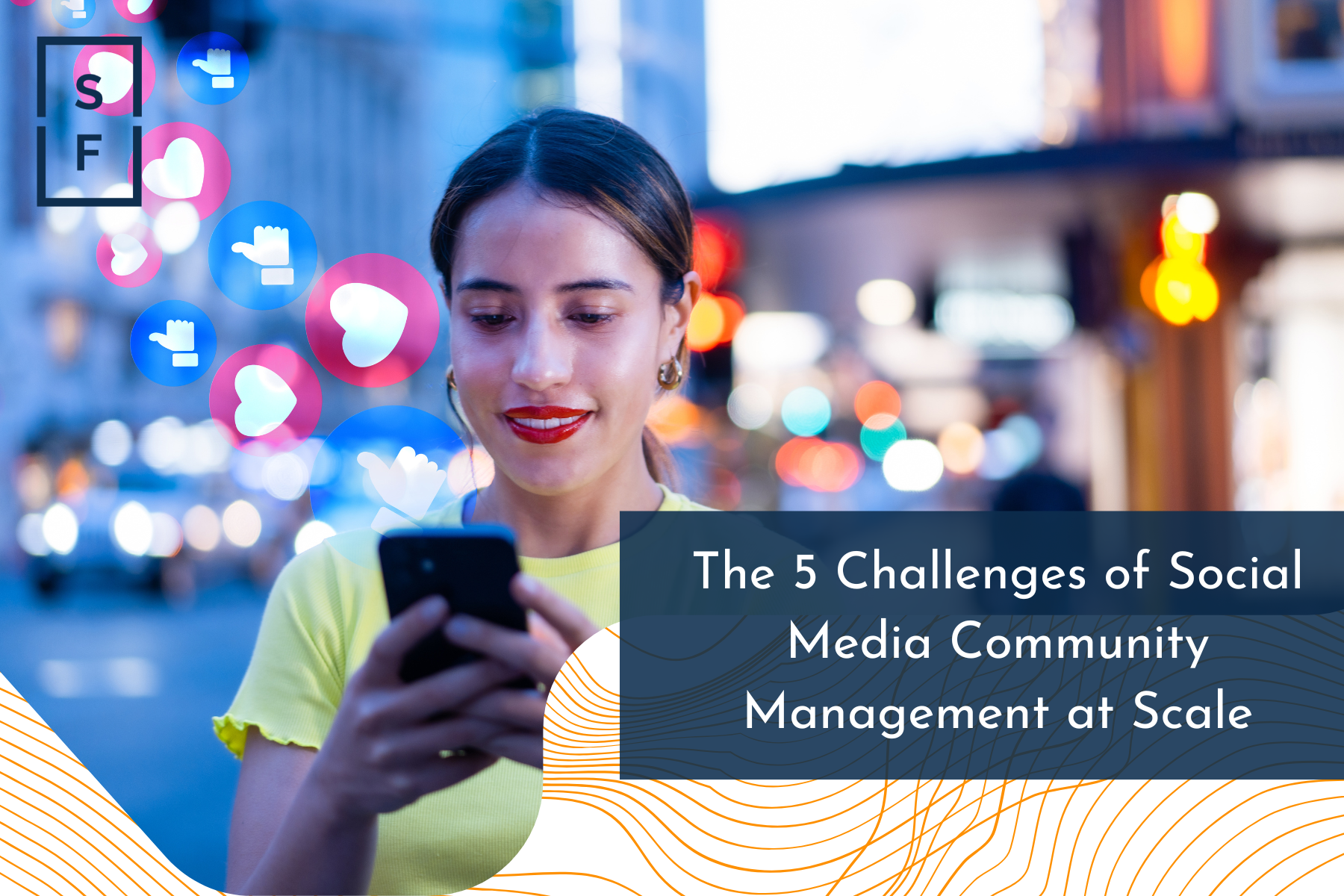
Social Care
The 5 Challenges of Social Media Community Management at Scale
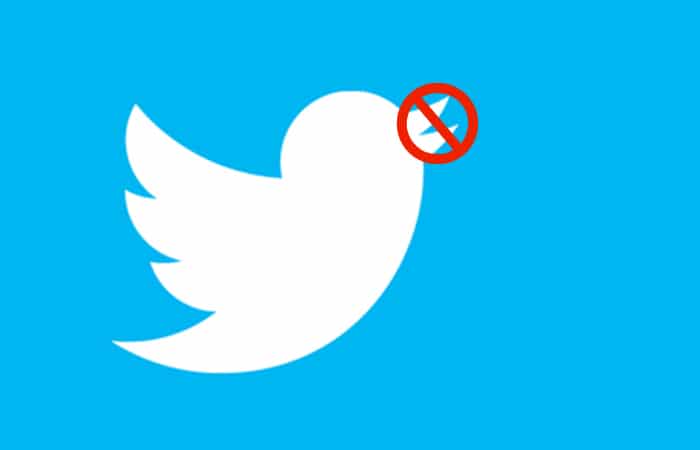
One of the biggest problems with Twitter is the rampant abuse many users experience at the hands of trolls and other detractors. Amnesty International says that professional black women receive the highest number of problematic tweets, and until recently, it seemed Twitter CEO Jack Dorsey turned a blind eye to the issue. On February 28, 2019, Twitter confirmed that it’s working on a tool that will allow users to hide problematic tweets and automatically hide abusive tweets from suspect accounts. This tool can’t come fast enough for celebrities like Saturday Night Live’s Leslie Jones. In 2016, Jones received such horrific abuse (including hackers posting her driver’s license and taking down her website) that Dorsey reached out to her directly to promise coming change.
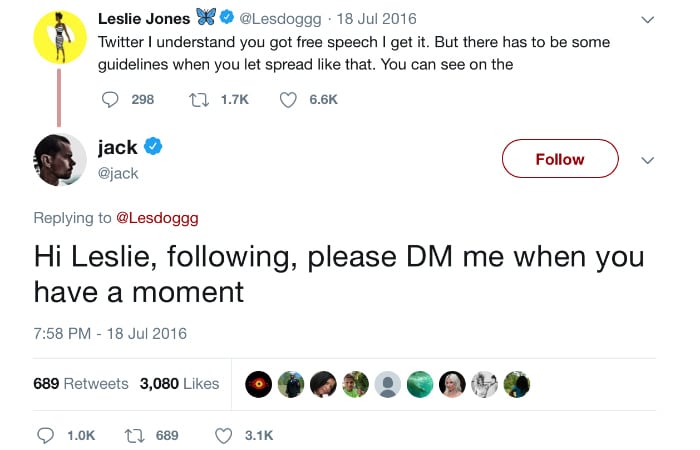
While on the surface, this new tool seems far overdue, there are pros and cons to consider — especially from a business standpoint. Professionally, the automatic hiding of abusive tweets may help create a healthier overall platform. When companies don’t have to worry as much about unwarranted attacks and misinformation, they are free to present their ideas and products in a clean, safe environment. Customers can visit brands without the distraction of curse words and unrelated comments. Overall, the whole feel of a page or post can be changed completely if presented in the absence of trolling.
Equally, this tool may create even deeper echo chambers as professionals decide what image they want the public to see. Facebook and other platforms have allowed users to hide abusive comments and replies for years, but many could argue that this opened a door for those who wish to spread false and abusive information, with no one to argue against it. Users with extreme views are filtered toward posts and groups with equally or more extreme views, and fringe beliefs have become more mainstream. But how does this hurt brands?
In open arenas, when a brand receives a negative review or comment, it is allowed to respond in a way that fits within its brand voice and mission. It gives new customers a sense of the brand as a whole rather than a watered-down version. While this doesn’t always show a brand’s best side, it allows visitors to see how the company responds to less-than-flattering situations. When this doesn’t exist, customers can lose confidence in how truthful any given company really is. Without that confidence, the incentive to buy could be lost.

So, what are companies to do about this new Twitter tool?
First and foremost, when the tool is finally released, social care managers should take as much time as possible to explore it from the inside out. See which features work best for their brand, and figure out if any of the features might cause harm to customer relationships down the road.
Second, decisions should be made about managing the side effects that don’t work well for a company and how to use the features that work best.
Lastly, companies should keep track of their pre-change analytics versus post-change analytics to see if the platform change causes any overall change in traffic or reach.
No one would argue that this new Twitter tool is unnecessary. But we also must remember that all changes come with consequences and that those consequences need to be addressed on a professional level. Being cognizant of how changes to social media platforms will affect your business is one of the key steps to flourishing in a digital space. Understanding when to ask for help to better survive changes is equally important. Do you have questions about this or other social media changes that may affect your business? We’re here to help!

The 5 Challenges of Social Media Community Management at Scale

Finding Your Future at SF: Where Growth Meets Opportunity

Transform your Digital Strategy by Using Tech and SaaS for Optimal Resource Utilization

Building Brand Loyalty Through Authentic Human Connection

Sail Through Social Media Budget Planning with Ease

How Brands Can Navigate Pre-Election Chaos on Social Media
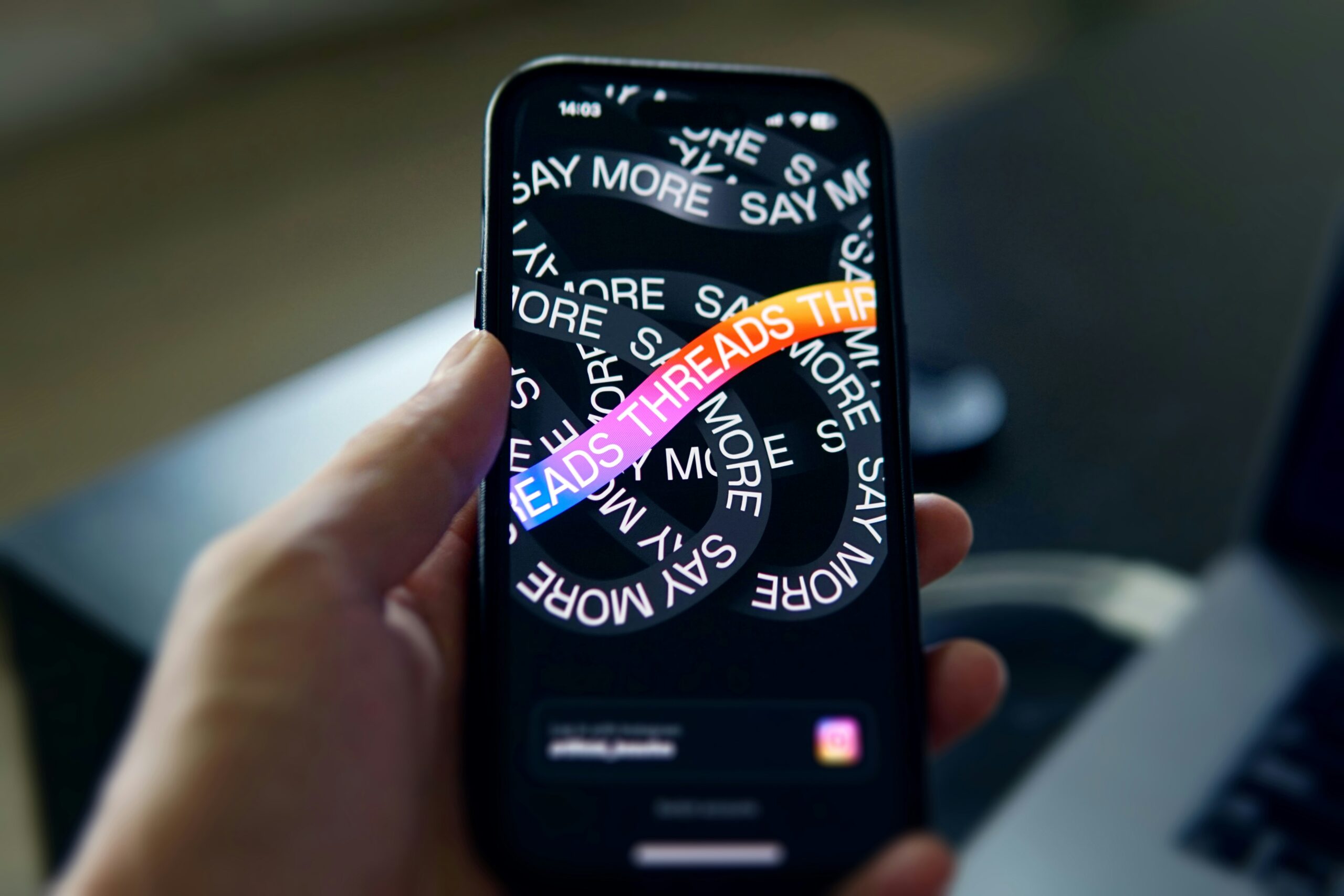
Threads: Is It Worth It Yet?
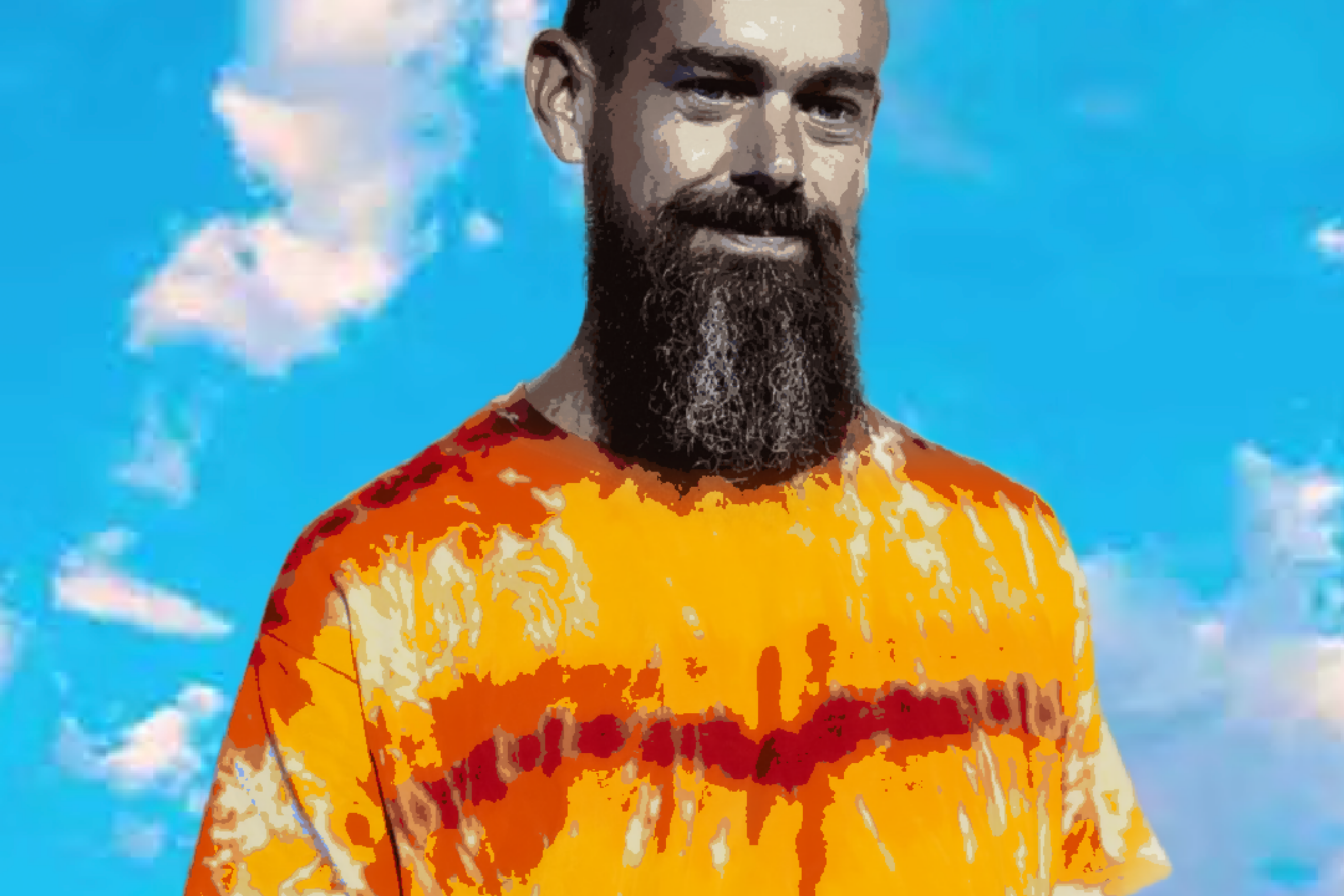
Jack “Of All Trades” Dorsey Is No Longer on the Bluesky Board
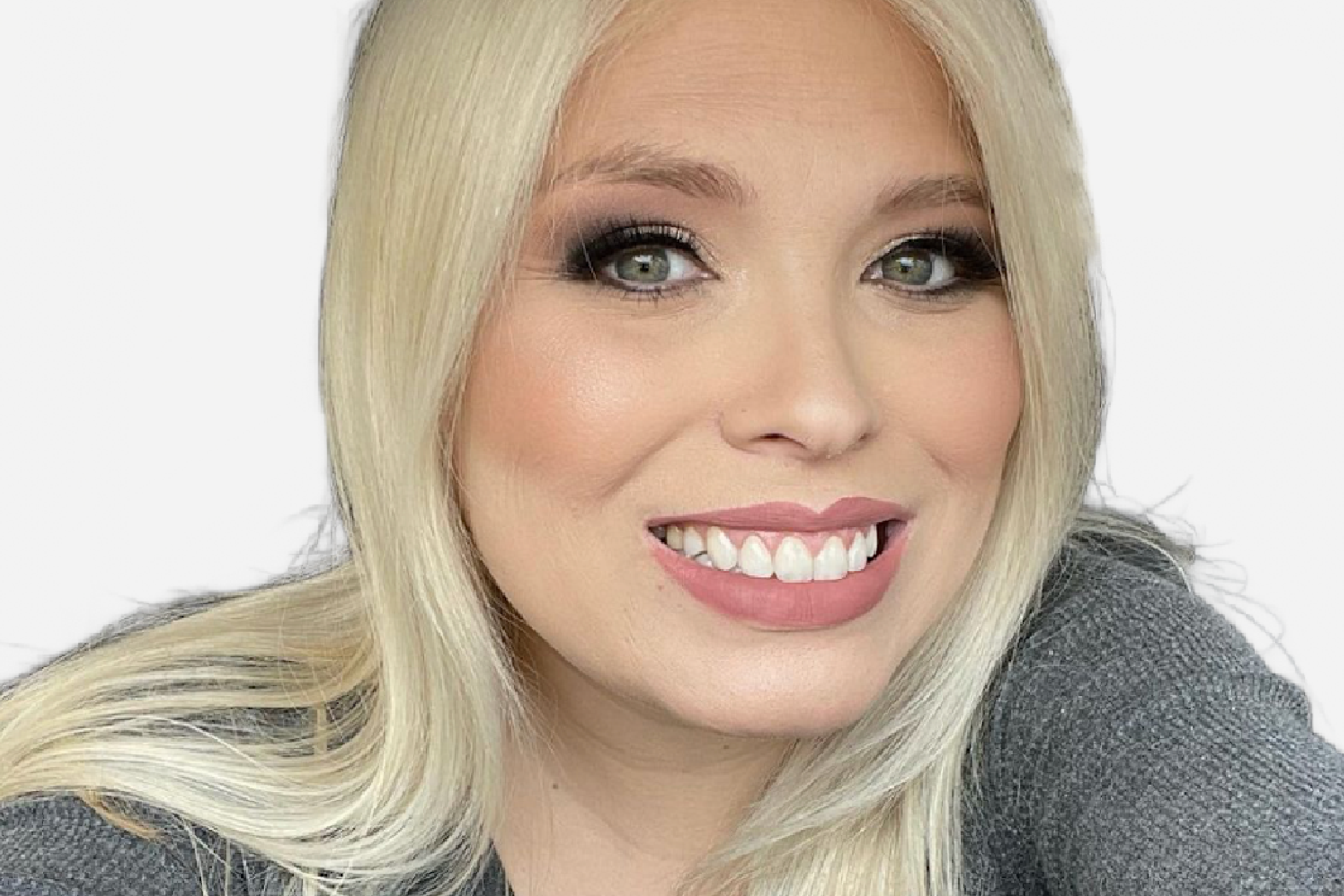
Celebrating Diversity at Social Factor

Coachella: What It Takes to Livestream the Festival on YouTube